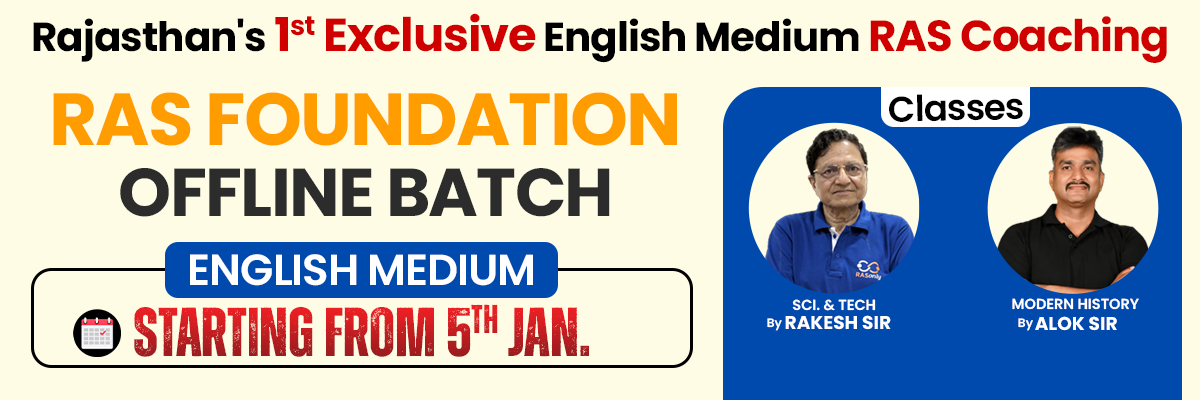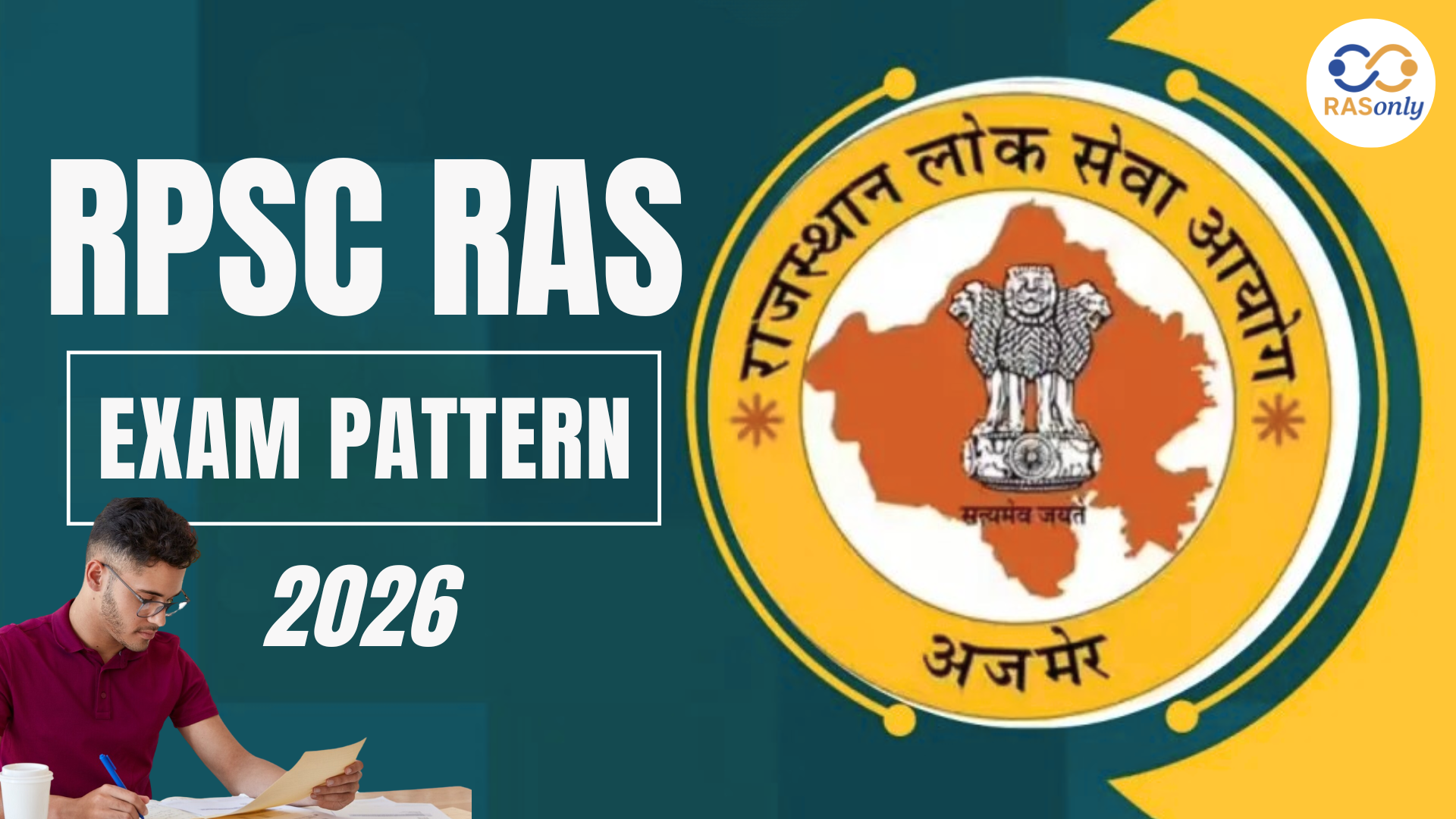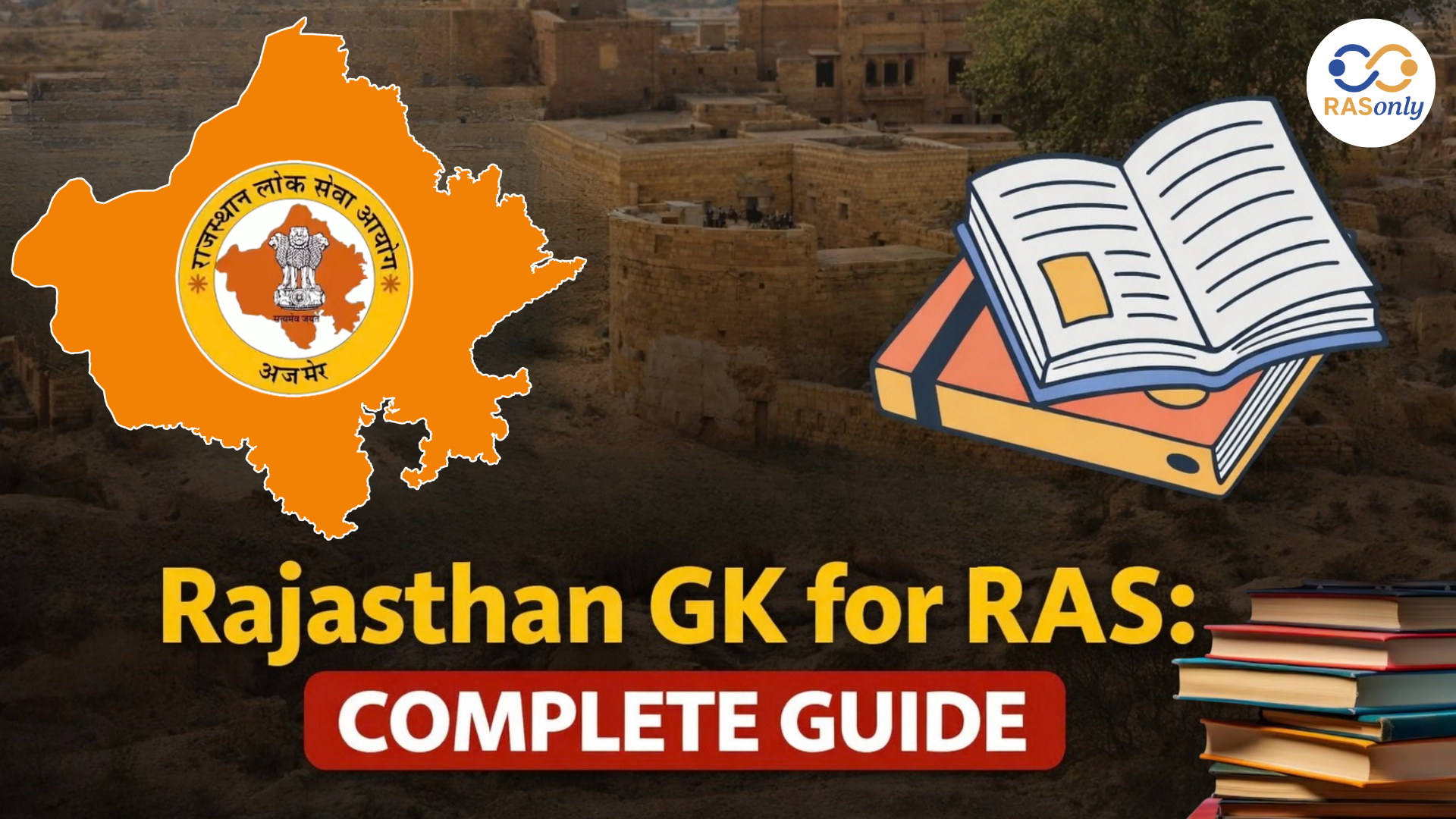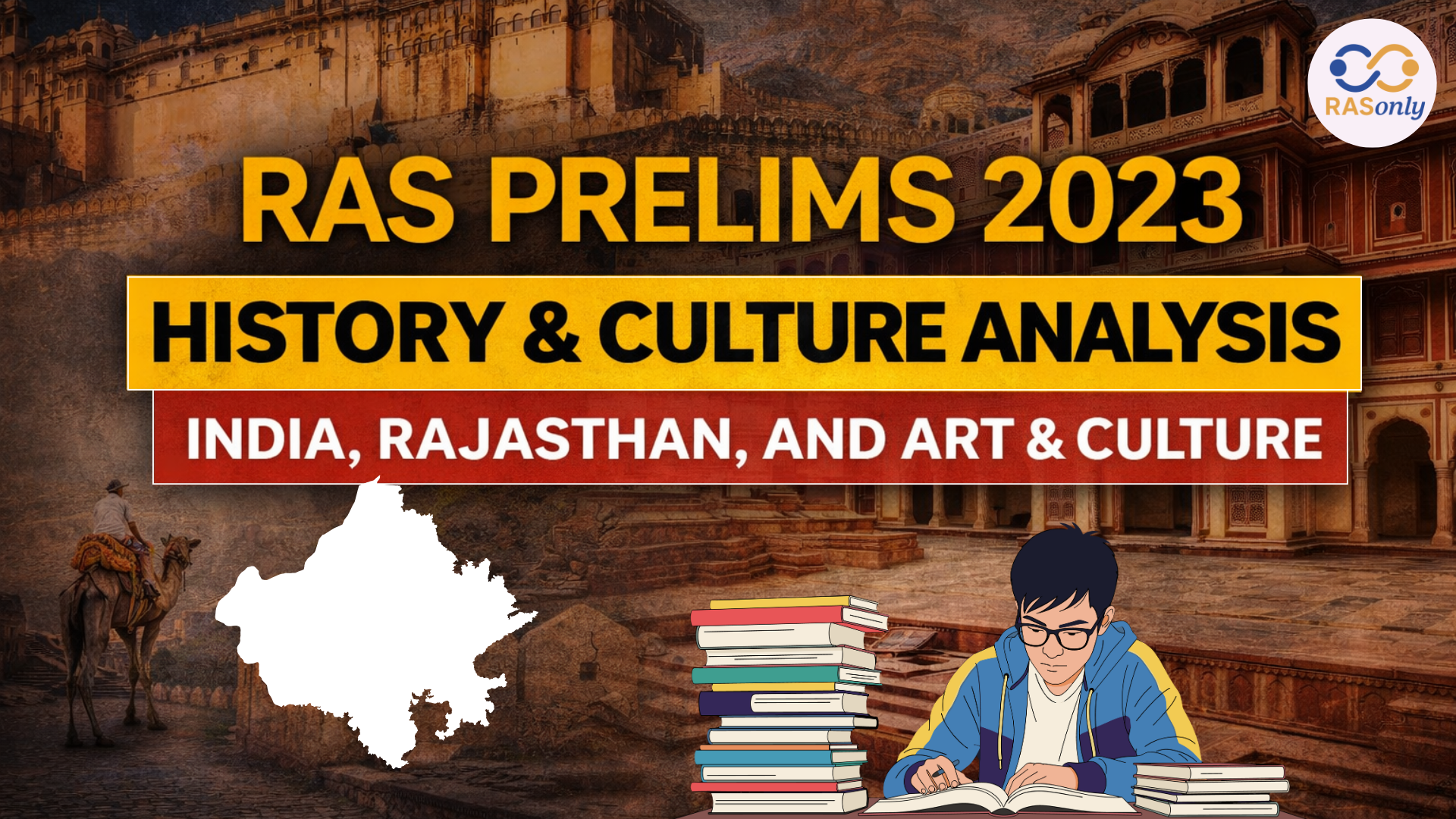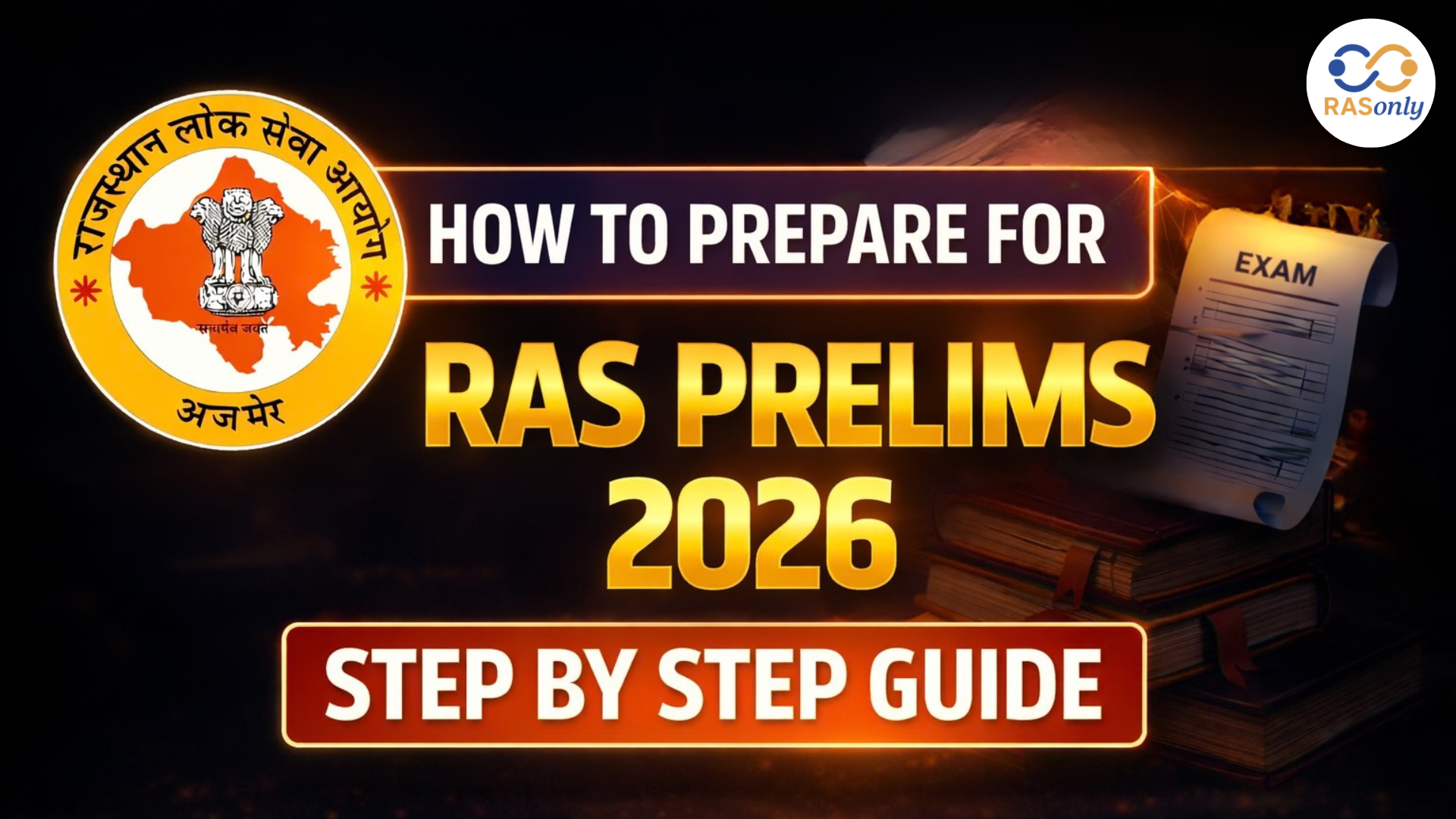RPSC RAS 2026 Subject Wise Exam Pattern for Prelims, Mains & Interview Details
- >
- RAS Preparation Resources
- >
- Directive Principles of State Policy (DPSP)
Directive Principles of State Policy (DPSP)

Get in Touch with RASonly!

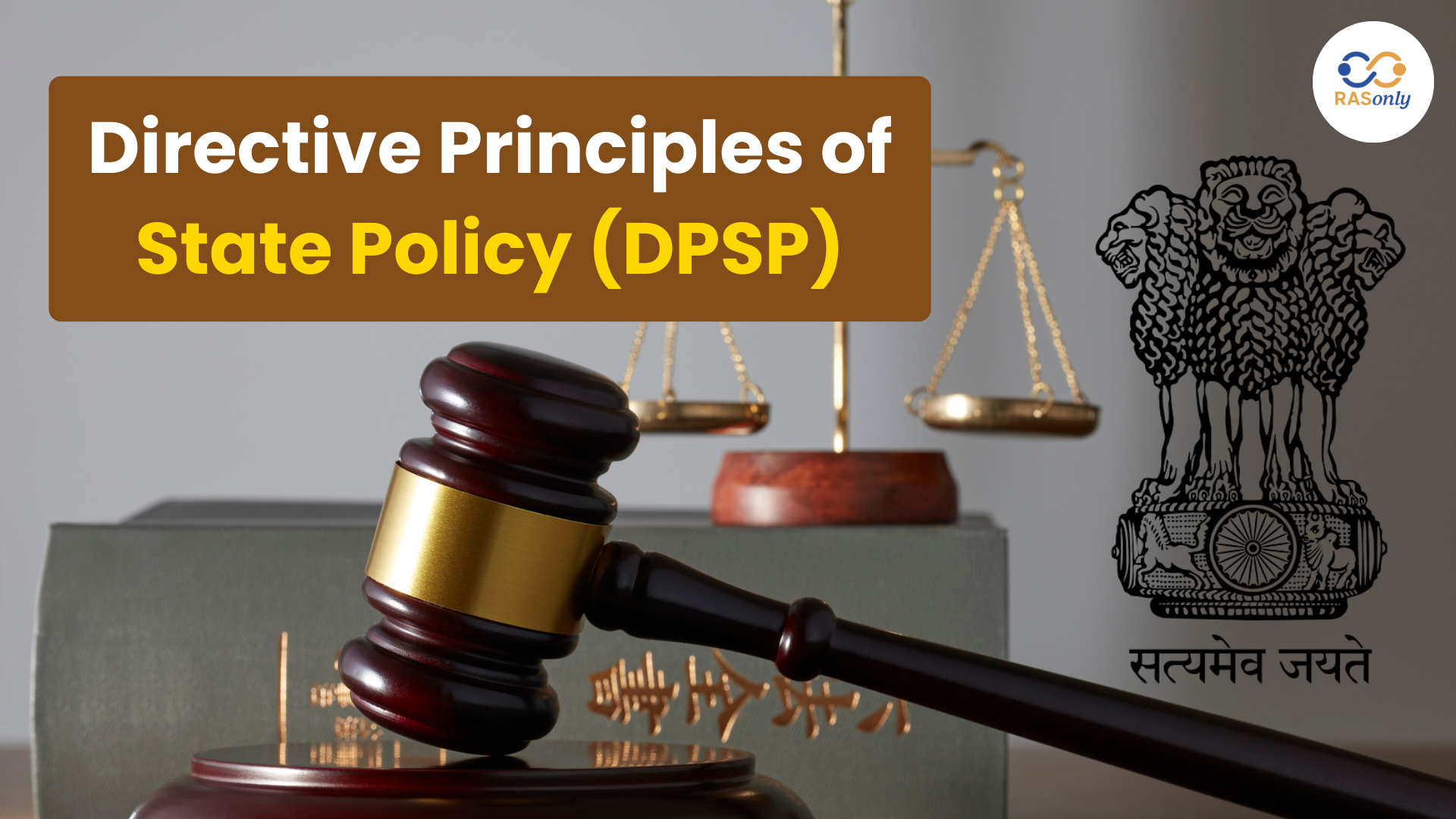
DPDP in the constitution of India has been modeled after the Irish constitution, which itself is based on the concept of people as formulated in the Spanish Constitution. These principles are the foundation of Part IV (Articles 36 Vs 51) of the Indian Constitution and are intended to provide socio-economic justice and lead to a state that was a welfare state. These principles are not justiciable as provided in Article 37 although they play essential parts in the governance of the country.
DPSP vs. Fundamental Rights
| Feature | Fundamental Rights | DPSP |
|---|---|---|
| Nature | Justiciable and enforceable | Non-justiciable |
| Character | Negative – restrict State actions | Positive – directive to the State |
| Objective | Protect individual liberty | Promote welfare and social justice |
| Legal Status | Legally binding | Morally binding |
| Amendability | Can be amended (subject to basic structure) | Can be added/amended through Constitution |
Classification of DPSPs
1. Socialist Principles
| Article | Directive |
|---|---|
| 38 | Social, economic, and political justice; reduce inequalities |
| 39 | Right to livelihood, equitable wealth distribution, equal pay, child and women welfare |
| 41 | Right to work, education, and assistance in unemployment, old age |
| 42 | Just and humane work conditions, maternity relief |
| 43 | Living wage and decent life for workers |
| 43A | Worker participation in industrial management |
| 47 | Raise nutrition and living standards; public health |
2. Gandhian Principles
| Article | Directive |
|---|---|
| 40 | Village panchayats as self-governing units |
| 43 | Promote cottage industries in rural areas |
| 43B | Promote cooperative societies |
| 46 | Educational and economic uplift of SCs, STs and weaker sections |
| 47 | Prohibition of intoxicating drinks and drugs |
| 48 | Prohibition of cow slaughter and improvement of cattle breeds |
3. Liberal Principles
| Article | Directive |
|---|---|
| 44 | Uniform Civil Code |
| 45 | Early childhood care and education up to age 6 |
| 48 | Modernize agriculture and animal husbandry |
| 48A | Protect environment, forests and wildlife |
| 49 | Protection of monuments and heritage |
| 50 | Separation of judiciary from executive |
| 51 | Promote international peace and cooperation |
DPSPs-related Amendments
- 42nd Amendment (1976): It introduced articles 39A, 43A and 48A.
- 44th Amendment (1978): Amendment altered Article 38 with adding clause (2) and the removal of the Right to Property as a Fundamental Right.
- 86th Amendment (2002): Introduced elementary education (6-14 years) as a Fundamental Right (Article 21A) and changed Article 45.
Key Judgements on DPSP vs FRs
| Case | Year | Judgment Summary |
|---|---|---|
| Champakam Dorairajan | 1951 | Fundamental Rights prevail over Directive Principles |
| Golaknath | 1967 | Parliament cannot amend FRs even to implement DPSPs |
| Kesavananda Bharati | 1973 | Parliament can amend FRs, but not the basic structure |
| Minerva Mills | 1980 | Harmony between FRs and DPSPs is part of the basic structure |
Main Laws and Schemes on Implementing DPSPs
- Land Reforms
- Termination of zamindari, land ceiling, improvement of tenancy reforms.
- Labour Welfare
- Minimum Wages Act (1948)
- Act on Equal Remuneration (1976)
- Maternity Benefit Act (1961)
- Bonded Labour System Abolition Act ( 1976 )
- Act of prohibition of child labour (1986)
- Panchayati Raj
- Article 40 was enforced by the 73rd Constitutional Amendment Act in 1992.
- Prominent Cottage Industry
- In persons such as KVIC, silk board, Coir Board, Article 43 is popularized.
- Education
- Article 45 and 21A was implemented through the Right to Education Act, 2009.
- Nutrition and Health
- PMGSY, NRHM and Ayushman Bharat achieve the objectives of Article 47.
- Environment
- Water quality Act (1986),
- Act on the Protection of Wildlife (1972).
- Water and Air pollution acts,
- CPCB was established.
- Heritage Protection
- Under Article 49 in Ancient Monuments and Archaeological sites (1958).
International Policies that Fall in Line with DPSPs
- Global Compact on Migration (2018) was the result of the UN New York Declaration (2016).
- A number of the DPSPs such as health, education, justice, and environmental sustainability accorded by India are aligned to the SDGs.
Conclusion
The Indian State consists of the ideological, as well as philosophical foundation of DPSPs. They are the non-justiciable obligations of the government, still are the moral obligations. The mutual restoration in Fundamental Rights and DPSPs as suggested in the Minerva Mills case is vital towards equilibrium governing of the Constitution. The need to implement this as a social reality requires constant action on legislation and policy in ensuring greater levels of social developments towards a socialist, secular, democratic republic of India.
Post Category
- RAS Salary
- Result
- RAS Admit Card
- RAS Job
- RAS Cutoff
- Preparation Tips
- RAS Answer Key
- RAS Exam Analysis
- RAS Syllabus
- RAS Previous Year Papers
- RPSC RAS Exam Pattern
- RAS Interview
- RAS Mains Exam Date
- RAS Vacancy
- RAS Test Series
- RAS Best Books
- RAS Preparation Resources
- RAS Coaching Centre
- History
- Polity
- Geography
- Economics
- Science
- Art and Culture
- RPSC RAS Application Form
- RPSC RAS Notification
RASonly Interview Guidance Program

Mr. Ashok Jain
Ex-Chief Secretary Govt of Rajasthan
- IAS officer of the 1981 batch, Rajasthan cadre.
- Passionate about mentoring the next generation of RAS officers with real-world insights.
- Got retired in Dec 2017 from the post of Chief Secretary of the state of Rajasthan.

Mr. Guru Charan Rai
Ex-ASP / SP in Jaisalmer
- Guru Charan Rai, IPS (Retd), retired as Inspector General of Police (Security), Rajasthan, Jaipur in 2017.
- Served as ASP and SP in Jaisalmer, Nagaur, Sri Ganganagar, Sawai Madhopur, Dausa, Sikar, and Karauli.
- He also held key positions as DIGP and IGP in the Law and Order division.

Mr. Rakesh Verma
Ex-IAS Officer, B.Tech, MBA, and M.A. (Economics)
- IAS officer of the 1981 batch and retired in Chief Secretary Rank.
- Civil servant of high repute and vast experience.
- Has been teaching UPSC CSE subjects for the last six years.
Related Post
Daily Current Affairs for RAS Exam Preparation 2026
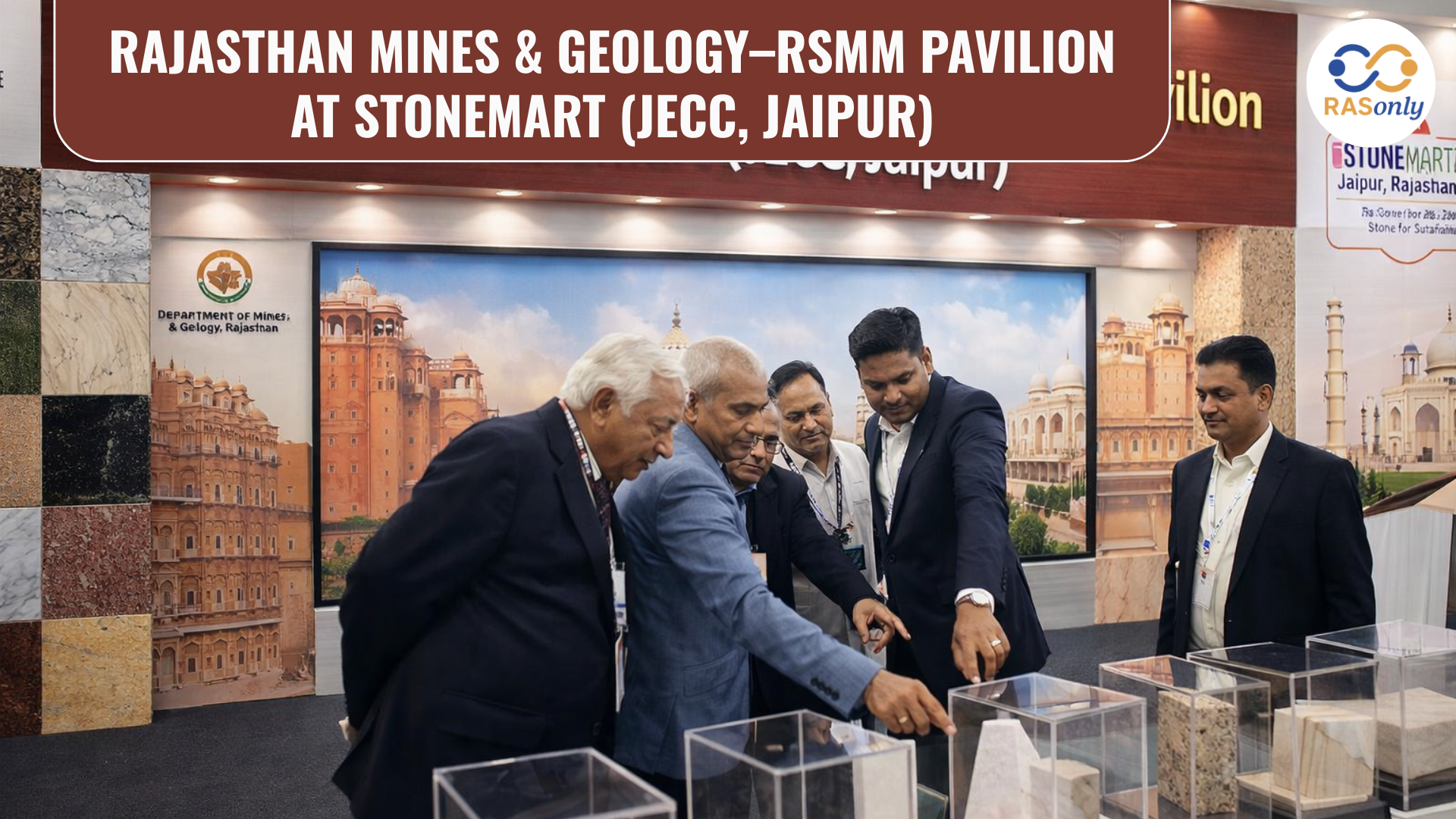
Rajasthan Pavilion Shines at Stone Mart Jaipur 2026
February 07, 2026
Rajasthan Achieves 3,000 MW Under PM-KUSUM Scheme
February 07, 2026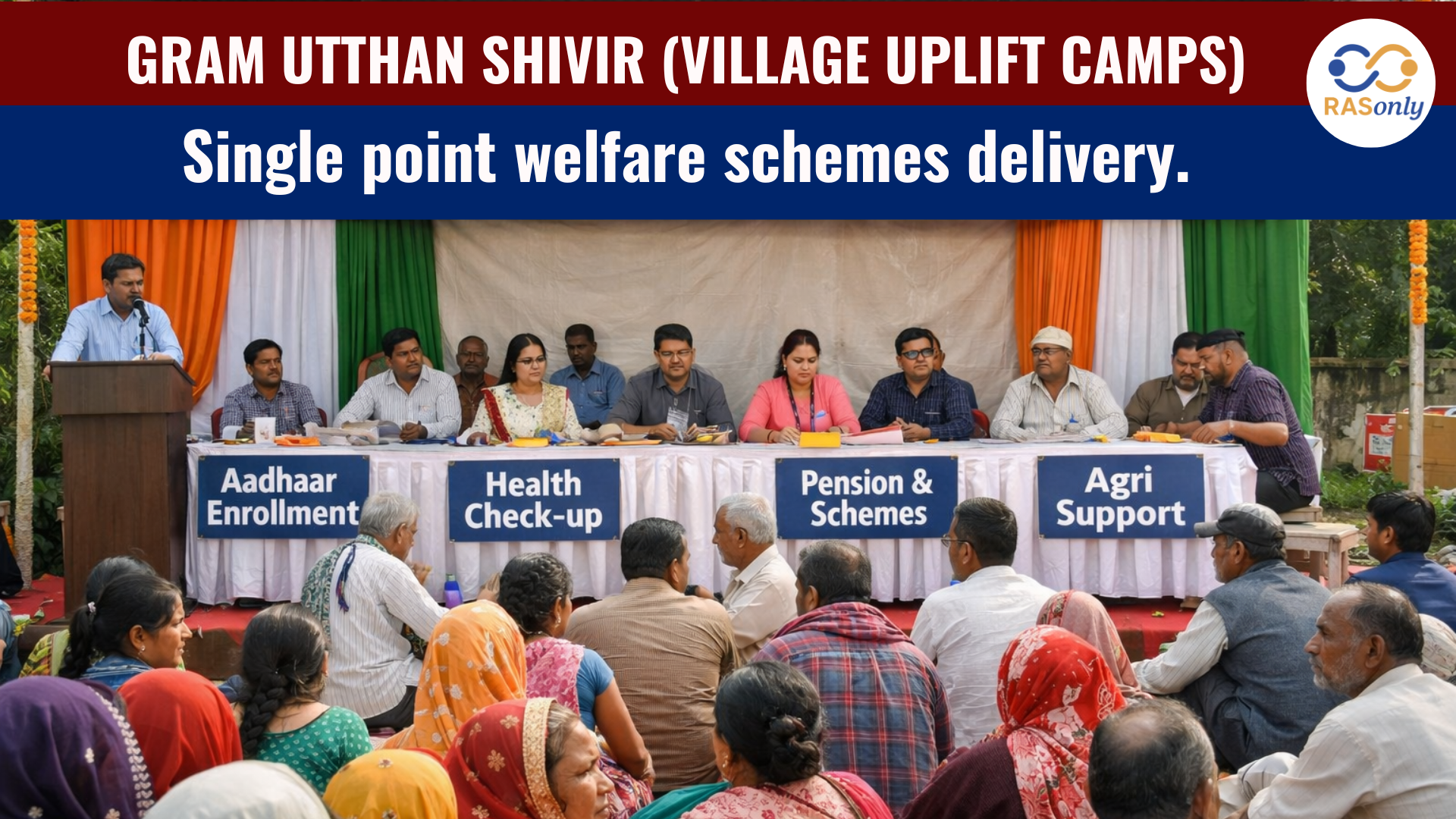
Gram Utthan Shivirs Strengthen Rural Governance in Rajasthan
February 07, 2026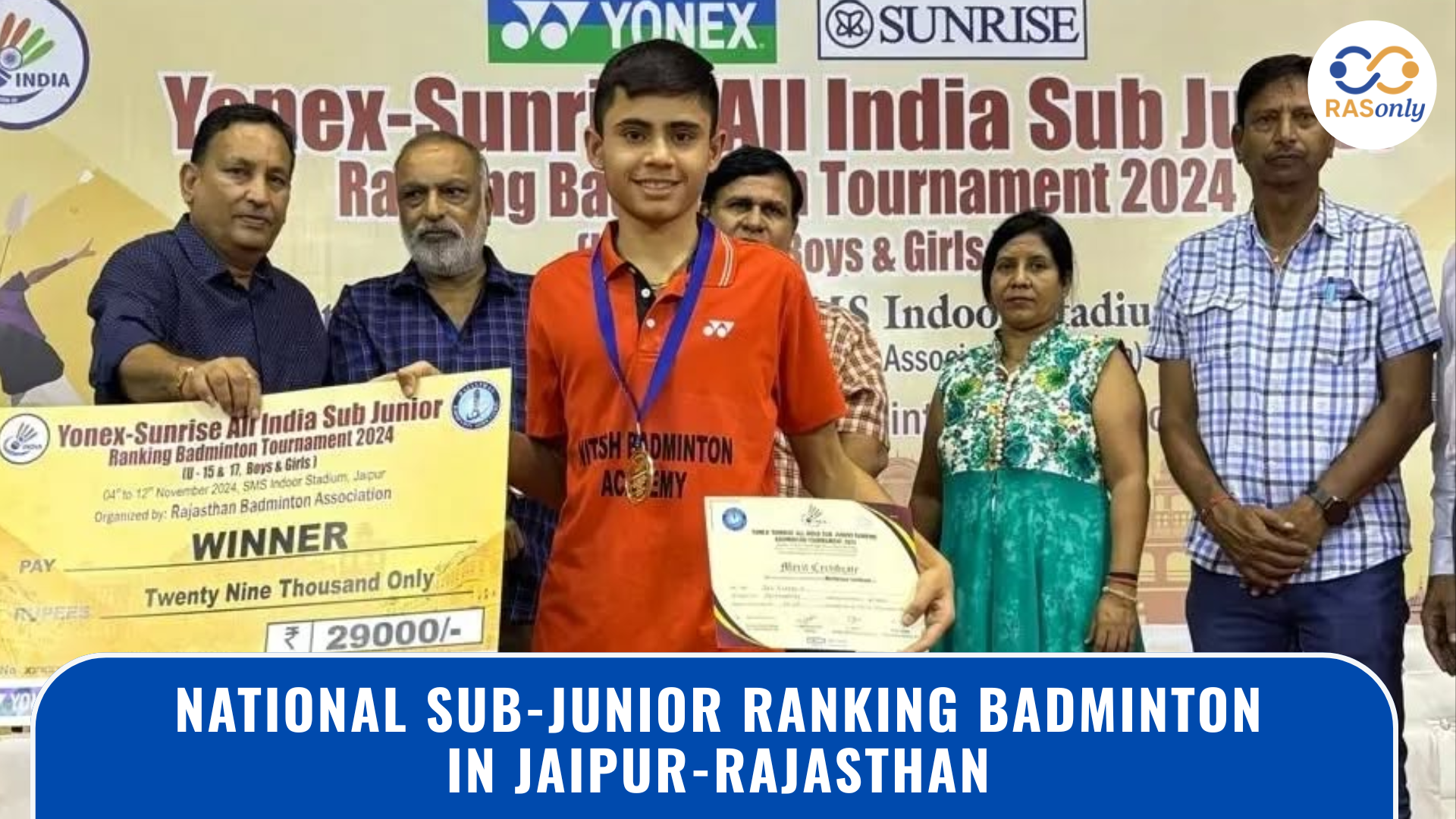
Jaipur Badminton: 72-Minute U-15 Final Creates Record
February 06, 2026👉🏻 Register Today to Join Classes! 👍🏻
- Team RASOnly -
🎯 Benefits of RASOnly Coaching:
- ✅ 1:1 Mentorship with RAS Officers
- ✅ Experienced and Expert Faculty
- ✅ Free Library Access
- ✅ Daily Minimum 4 Hours Must
- ✅ Comprehensive Study Material
- ✅ Regular Tests & Performance Analysis
- ✅ Personalized Guidance & Doubt Solving
- ✅ Online & Offline Class Options
- ✅ Affordable Fees with Quality Education
Key Highlights:
- 👉🏻 3-Day Refund Policy
- 👉🏻 New Batch Starting from 04 August
- 👉🏻 Registration Amount: Only ₹1000




